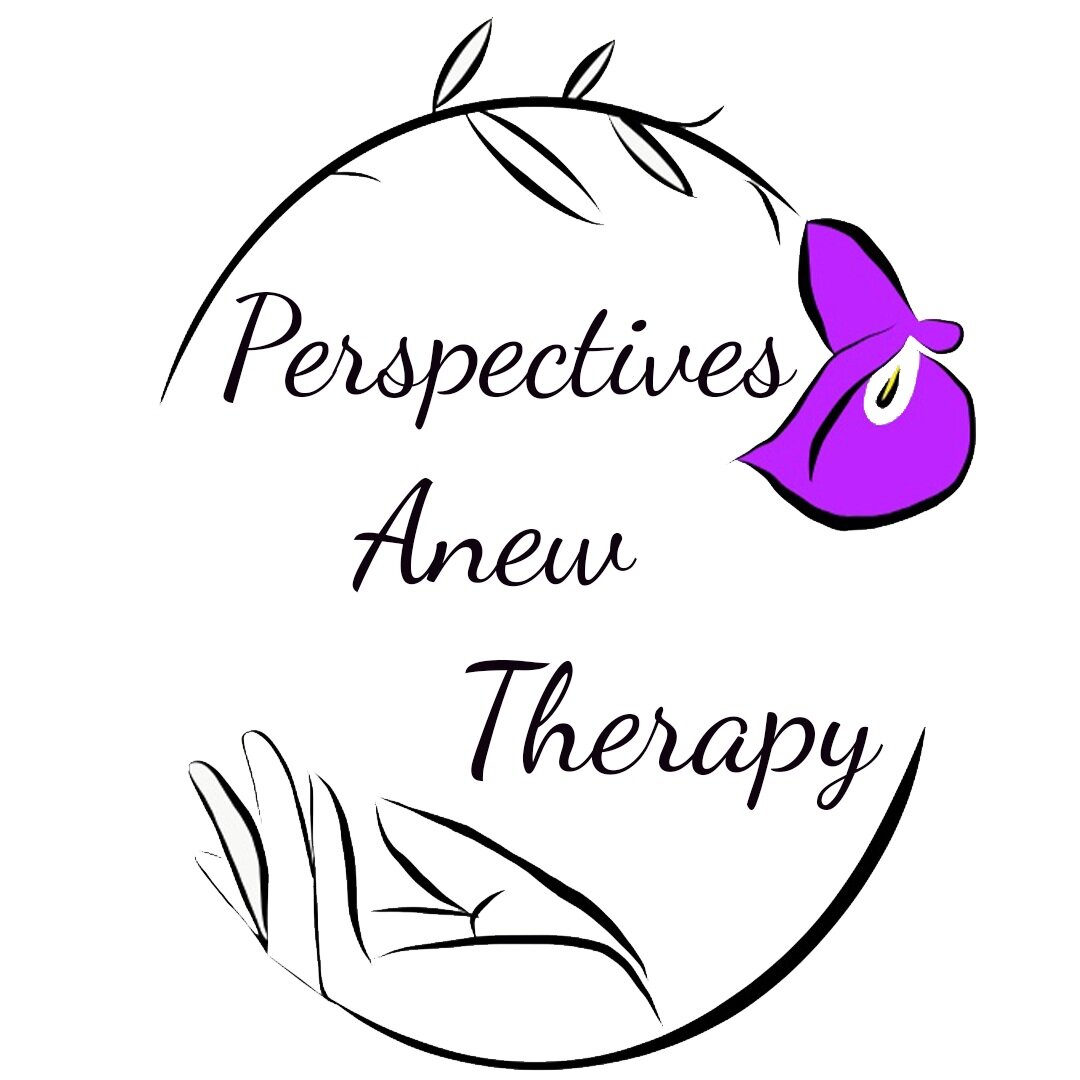Body Dysmorphic Disorder
Body dysmorphic disorder is defined as the inability to stop thinking about one or more noticed defects in your physical appearance that in reality are very minor or cannot be seen by others. Those living with this disorder fixate on their appearance by consistently looking in the mirror and seeking reassurance, both of which can be done for hours on a daily basis. The perceived flaw as well as the behaviors to fixate on one's appearance cause an enormous amount of distress and has a significant impact on the individual's ability to function throughout their daily life. Because the perceived flaw causes massive amounts of distress, many individuals living with this disorder will seek out cosmetic procedures to “fix” the defects. However, the satisfaction is usually temporary and after time the anxiety surrounding the flaw returns.
Symptoms of body dysmorphic disorder include being preoccupied by a noticed flaw that cannot be seen by others or is minor, an intense belief that the defect is deformed, believing the flaw will have a negative impact on your appearance, and avoiding social situations. Additional symptoms include constantly checking yourself in the mirror, skin picking, trying to hide the perceived defect, comparing your appearance to others, seeking reassurance, perfectionist tendencies, and paying for cosmetic procedures with little satisfaction. The most common physical features individuals fixate on are their face such as their nose or acne, hair, breast size, muscle size, and genitalia.
Those living with this disorder can suffer with low self-esteem, suicidal thoughts or behaviors, eating disorders, substance misuse, health problems, physical pain, and mood disorders as well as anxiety disorders. This disorder results from a variety of issues such as family history, negative experiences surrounding your body or self-image, and abnormal brain function as well as abnormal levels of serotonin.
Anyone living with this disorder should seek treatment because it’s rare for the disorder to get better on its own and when left untreated can result in more symptoms and complications. The recommended treatment for body dysmorphic disorder is cognitive behavioral therapy as well as medication. Long-term treatment has been proven to prevent a relapse of symptoms associated with the disorder and in return reduces complications such as skin picking and anxiety.
Source: Mayo Clinic
